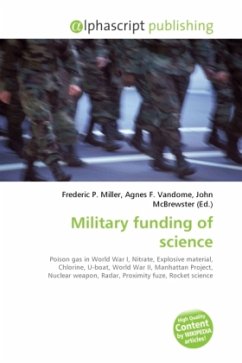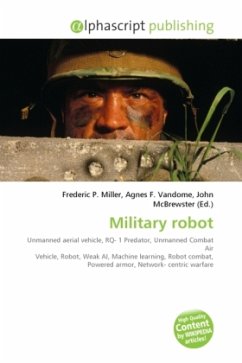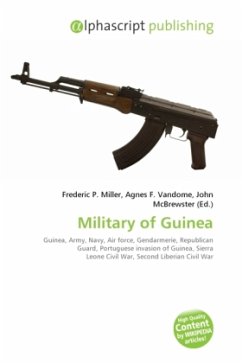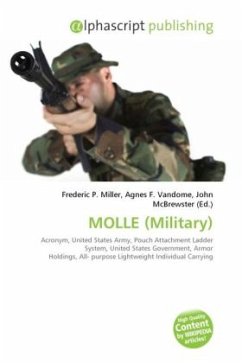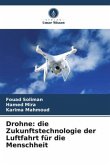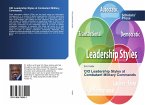The military funding of science has had a powerful transformative effect on the practice and products of scientific research since the early 20th century. Particularly since World War I, advanced science-based technologies have been viewed as essential elements of a successful military. World War I is often called "the chemists war", both for the extensive use of poison gas and the importance of nitrates and advanced high explosives. Poison gas, beginning in 1915 with chlorine from the powerful German dye industry, was used extensively by the Germans and the British ; over the course of the war, scientists on both sides raced to develop more and more potent chemicals and devise countermeasures against the newest enemy gases. Physicists also contributed to the war effort, developing wireless communication technologies and sound-based methods of detecting U-boats, resulting in the first tenuous long-term connections between academic science and the military. aWorld War II marked amassive increase in the military funding of science, particularly physics. In addition to the Manhattan Project and the resulting atomic bomb,
Bitte wählen Sie Ihr Anliegen aus.
Rechnungen
Retourenschein anfordern
Bestellstatus
Storno

